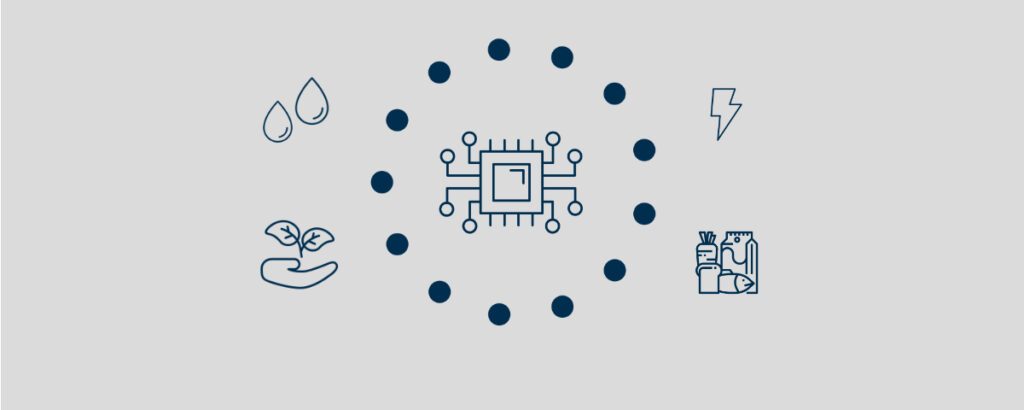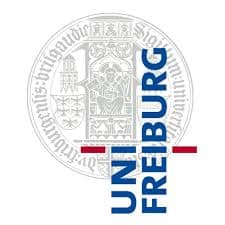Water-Energy-Food-Environment Nexus: Facilitating the planning of integrated water, energy, food, and environment systems through open software

Project description
In this research project, RLI is working to overcome barriers to the use of integrated water, energy, food, and environment systems (iWEFEs) by using open software.
Factors such as climate change or the exploitation of natural resources by a growing world population threaten ecosystems. As a result, water shortages, food, and energy crises can arise. This endangers the security of people and the stability of political systems. All three sectors are closely interrelated and influence each other. Therefore, also supply problems or risks in this context are strongly interconnected. To respond to these risks, integrated water, ecological, food, and energy system models offer an approach that can lead to a more sustainable use of resources. Researchers in this project are developing software tools that help improve to plan and develop sustainable infrastructure solutions. The tools will be compiled in an open-source toolbox. This will enable, for example, municipalities, non-governmental organizations or other users to independently plan and integrate iWEFEs.
Water-Energy-Food-Environment Nexus (WEFE)
Natural resources are interconnected in what is known as the water-energy-food-environment nexus (WEFE). For example, water is needed to meet energy needs: for mining, irrigation of bioenergy crops, hydropower, or even cooling of fossil fuel power plants. In turn, energy is needed to pump, treat and distribute water. In the area of food production, water is needed for irrigation and energy is required for harvesting and processing.
Open source software to overcome barriers
When iWEFEs are deployed, cross-sector synergies can work to use resources more sparingly and minimize conflicting goals. Despite their potential, however, iWEFEs are rarely put into practice in infrastructure development at the local level. There is often a lack of site-specific data, such as population or energy consumption and open tools for describing, modeling and planning integrated infrastructure systems. In addition, there are other limitations in their use related to financing, local WEFE nexus analysis or transparency of the decision-making process. The research project therefore aims to overcome the obstacles using open software (open water, energy, food, and environment modeling framework – OWEFE). This will be developed through a scientific process and applied to relevant case studies.
WEFE system design helps users
Researchers can use the software to collect specific physiogeographic data, for example for soils, water or climate and socioeconomic data, for example on population for any location in the test region. The data comes from public domain servers via interfaces (APIs) and from smartphone-based surveys. It is also possible to visualize local site conditions, demand, and WEFE connections. The results of the tool are summarized in an app/web tool and lead to a WEFE system design tailored to the site. This can be used, for example, by municipalities, non-governmental organizations, or other users for funding applications, permitting processes, construction plan development and practical project implementation.
Case Studies
The open modeling framework for integrated water, energy, food, and environment systems (OWEFE) based on the Open Energy Modelling Framework (oemof) is a tool for modelling and analyzing energy systems, so far, has been applied for the simulation of a wastewater biogas system in Tibnine, Lebanon and an agrivoltaics system in Hegelbach, Germany. The resulting water, energy, and crop yields of the OWEFE models were in the range of a conventional modeling approach, respectively, in-situ measurements.
Find further informationen on the project on GitHub .
Project period: January 2020 – December 2023
Tasks
- Conceptualize an open water, energy, food and environment modeling framework that enables the development of an open iWEFEs component database
- Facilitation and automation of WEFE data collection and analysis through a WEFE Site AnalystR
- Development of a software-based configurator for site-adapted iWEFEs: iWEFEs Configurator
- Application of the software to case studies


